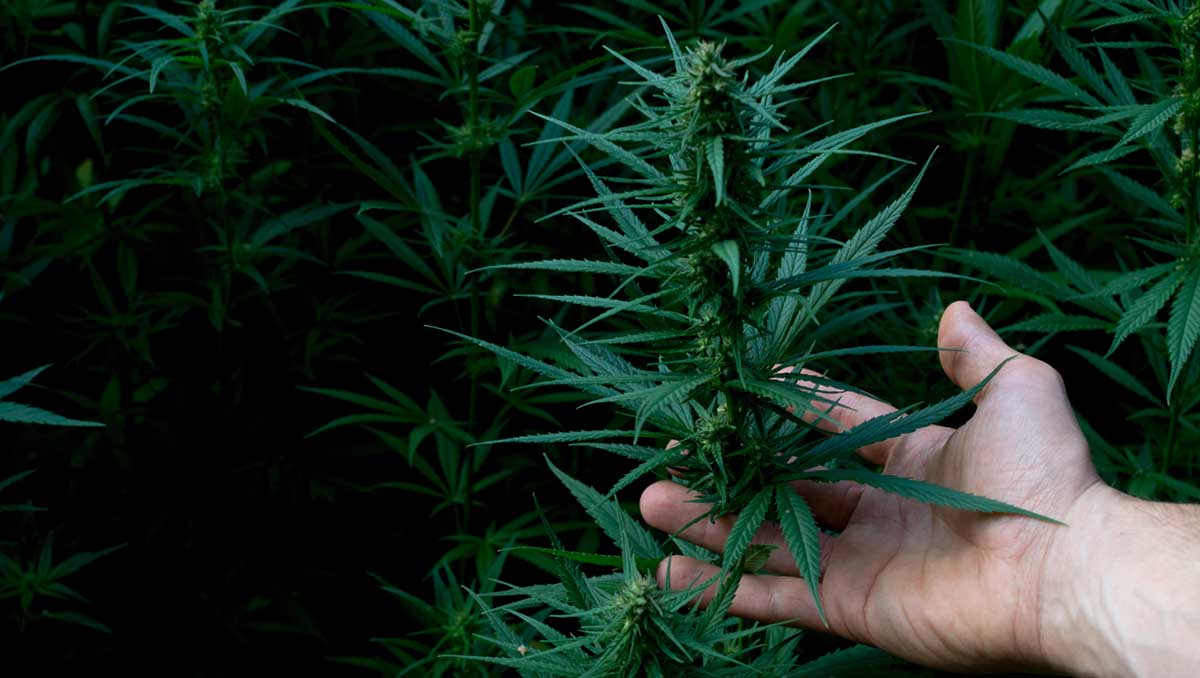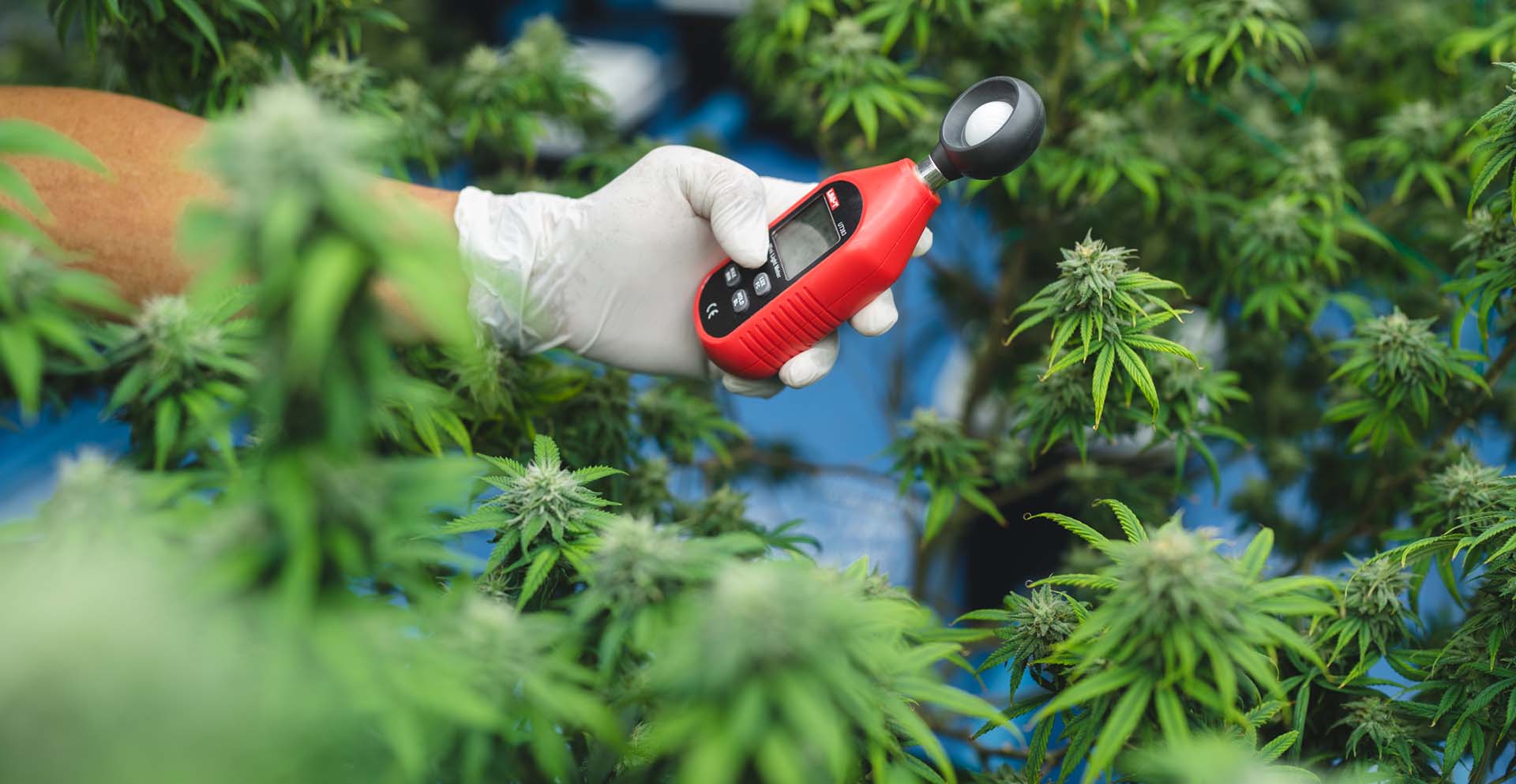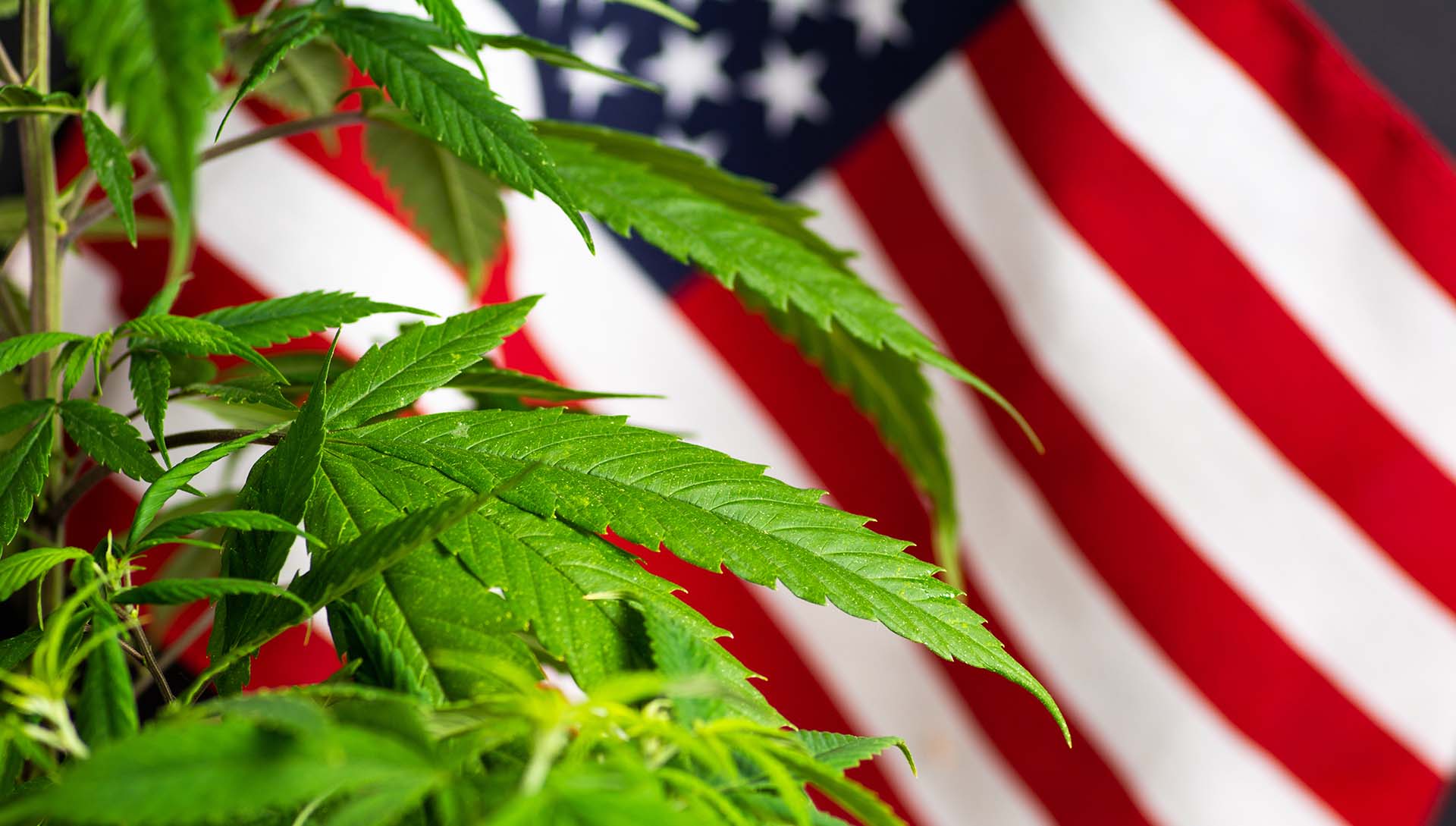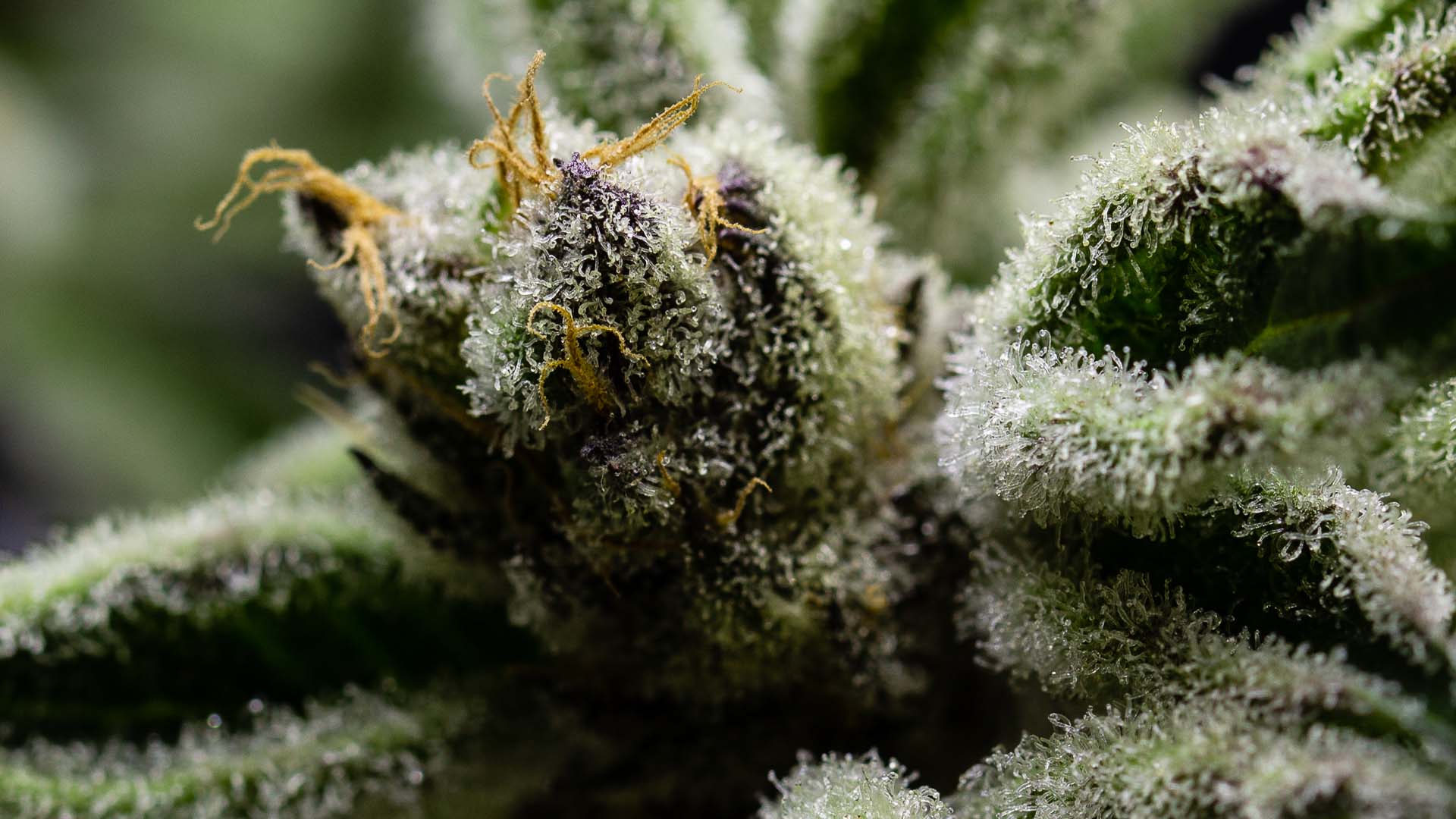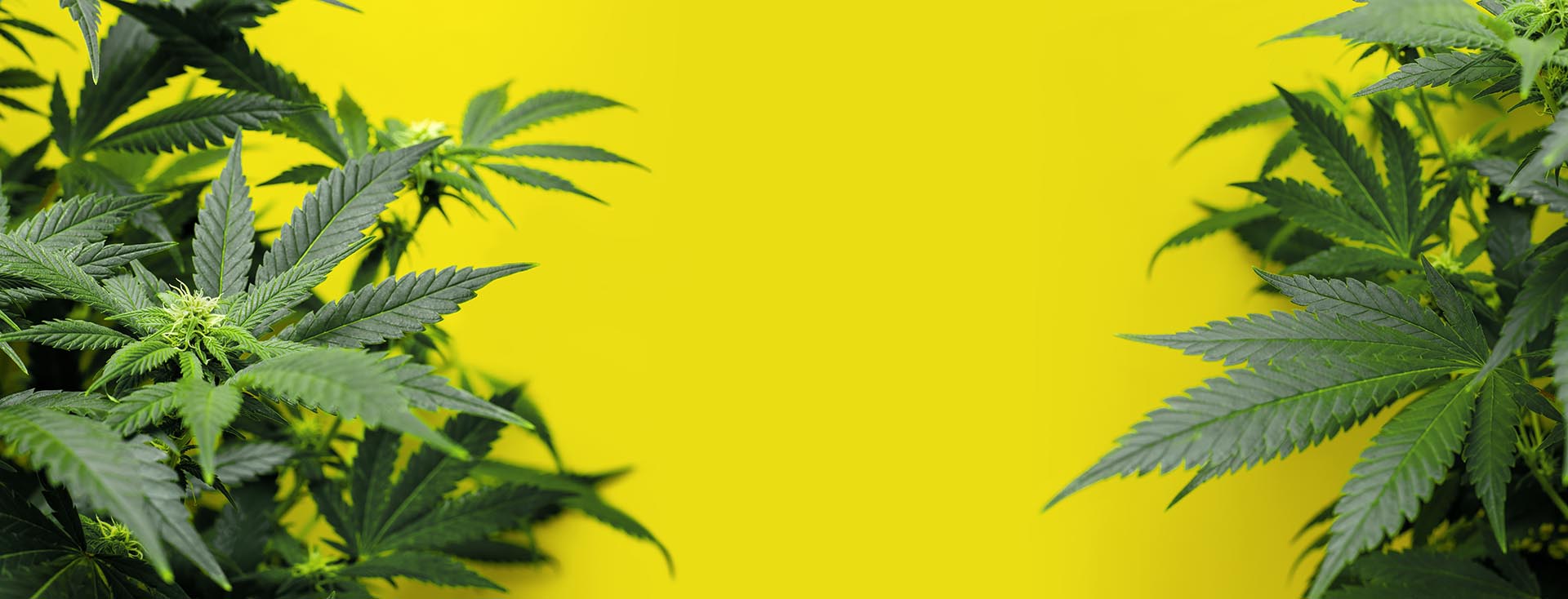What is a Cannabis License Application Writer?
Table of Contents
Cannabis legalization has opened up numerous opportunities for entrepreneurs and businesses looking to enter the booming cannabis industry. However, obtaining a cannabis license is a complex and highly regulated process that requires a well-crafted application. This is where a cannabis license application writer plays a crucial role. In this article, we will delve into the responsibilities of a cannabis license application writer, the benefits of using cannabis application writers or hiring one, the steps involved in the application writing process, and key components of a successful application.
Introduction to Cannabis License Application Writing
Before we dive into the role of a cannabis license application writer, let’s understand what a cannabis license entails. A cannabis license is a legal document issued by the relevant licensing agency or regulatory authorities that permits an individual or business to engage in activities related to cannabis cultivation, manufacturing, distribution, or retail. It serves as proof of compliance with local and state regulations, ensuring that the licensee operates within the framework of the law.
The cannabis license application process can be arduous and highly competitive. It requires in-depth knowledge of the industry, regulatory requirements, and the ability to present a compelling case for obtaining a license. This is where the expertise of a cannabis license application writer becomes invaluable.
Understanding the Role of a Cannabis License Application Writer
A cannabis license application writer is a professional who specializes in creating comprehensive and persuasive cannabis license applications, for individuals and businesses seeking cannabis licenses. Their role involves more than just writing; it encompasses research, planning, and collaboration with various stakeholders to ensure a strong application.
Responsibilities and Tasks
The responsibilities of a cannabis license application writer are multifaceted. They include:
Researching and gathering information: A writer must conduct extensive research on local and state regulations, industry trends, and best practices to stay up-to-date with the evolving cannabis landscape.
Writing a compelling business plan: A well-crafted business plan is a critical component of a cannabis license application. It outlines the company’s goals, operations, financial projections, and marketing strategies.
Completing necessary forms and documentation: The full application submission process often involves a plethora of forms and supporting documentation. The writer ensures all the required paperwork is completed accurately and submitted on time.
Required Skills and Knowledge
A professional and proficient cannabis license application writer possesses a unique set of skills and knowledge:
Industry expertise: A deep understanding of the marijuana industry, including its regulations, licensing types, and operational requirements, is crucial.
Familiarity with standard operating procedures (SOPs): A cannabis license application writer should be familiar with developing and implementing standard operating procedures (SOPs) in various aspects of cannabis businesses and operations. This includes cultivation, manufacturing, quality control, security protocols, inventory management, and compliance measures. Understanding SOPs helps in demonstrating a strong understanding of operational processes and compliance with industry standards.
Writing proficiency: Excellent writing skills, including the ability to communicate complex information clearly and persuasively, are essential.
Attention to detail: A writer must meticulously review and edit the application to ensure accuracy and adherence to guidelines.
Collaboration: Working closely with clients, legal professionals, and industry experts is integral to creating a robust application.
Benefits of Hiring a Professional Cannabis Business License Application Writer
Hiring a professional cannabis license application writer offers several advantages that can significantly increase the chances of obtaining a cannabis business license.
Expertise in Industry Regulations and Requirements
A seasoned application writer has a thorough understanding of the intricate regulatory framework governing the cannabis industry. They stay updated on the latest changes, ensuring the application aligns with all relevant laws and regulations.
Enhanced Chances of Being Awarded a Cannabis Business License
A well-prepared application has a higher likelihood of approval. A skilled writer knows how to highlight the strengths of the applicant’s business plan, address potential concerns, and present a compelling case to the regulatory authorities.
Time and Cost Savings
Preparing a comprehensive cannabis license application can be a time-consuming and resource-intensive process. By outsourcing this task to a professional writer, applicants and cannabis operators can save valuable time and focus on other aspects of their business. Additionally, a well-prepared application reduces the risk of costly mistakes or delays.
Steps Involved in Cannabis License Application Writing
Writing a cannabis business license application involves a series of steps, each playing a crucial role in crafting a compelling case for approval.
Research and Gathering Information
The first step is extensive research. The writer must gather information on the local and state regulations, zoning requirements, and specific criteria for the desired license type. This research provides the foundation for the application.
Writing a Compelling Business Plan
A comprehensive cannabis business plan is the cornerstone of a successful cannabis license application. The writer collaborates with the cannabis licensing applicant to develop a robust plan that covers operational details, marketing strategies, financial projections, and compliance measures.
Completing Necessary Forms and Documentation
The application process requires the completion of various forms and the submission of supporting documentation. The writer ensures that all necessary paperwork is accurately filled out and submitted within the specified deadlines.
Key Components of a Successful Cannabis License Application
To increase the chances of a winning an application, certain key components should be given special attention.
Detailed Operational Plans
A successful application includes detailed operational plans that outline cultivation or manufacturing processes, security plans, inventory control systems, quality assurance protocols, and staffing requirements. These plans demonstrate a clear understanding of the operational aspects of the business.
Security and Compliance Measures
Regulatory authorities place a significant emphasis on security and compliance in the cannabis industry. An application writer must address these concerns by outlining robust security protocols, including surveillance systems, access control, and inventory tracking mechanisms.
Financial Projections and Budgets
Accurate financial projections and well-defined budgets are crucial for demonstrating the financial viability of the business. The writer collaborates with the applicant to create realistic projections that showcase the potential for profitability and sustainability.
Compliance with Local and State Regulations
Compliance with local and state regulations is a fundamental requirement for obtaining a cannabis license.
Understanding Local Laws, Regulations, and Ordinances
Each jurisdiction has its own set of local laws and ordinances governing the cannabis industry. An application writer must have a comprehensive understanding of these regulations to ensure compliance.
Ensuring Adherence to State Regulations
In addition to local laws, applicants must also comply with state-level regulations. A writer ensures that the application addresses all relevant state requirements, including licensing fees, background checks, and operational guidelines.
Common Challenges and Pitfalls in Cannabis License Application Writing
While preparing a cannabis license application, applicants may encounter various challenges and pitfalls.
Lack of Industry Knowledge
The cannabis industry is highly regulated and rapidly evolving. A lack of industry knowledge can lead to overlooking crucial details or failing to address specific requirements. Hiring an experienced application writer mitigates this risk by leveraging their expertise.
Incomplete or Inaccurate Information
Incomplete or inaccurate information in the application can lead to delays or even rejection. A writer meticulously reviews the application, cross-checks information, and ensures that all sections are complete and accurate.
Failure to Address Specific Requirements
Each license type has specific requirements that must be fulfilled. Neglecting these requirements or failing to provide sufficient details can significantly impact the application’s chances of approval. A skilled writer ensures that all specific requirements are met and well-documented.
Tips for Writing an Effective Cannabis License Application
Writing an effective cannabis license application requires attention to detail and a persuasive approach. Here are some tips to enhance the quality of the application.
Clear and Concise Language
Using clear and concise language helps the regulatory authorities understand the application more easily. Avoid jargon or technical terms that may confuse the reader. Explain complex concepts in a simple and straightforward manner.
Thorough Documentation
Accurate and thorough documentation is essential. Provide all necessary supporting documents, such as financial statements, site plans, security protocols, and operational manuals. Ensure that all documents are organized, labeled, and easily accessible.
Attention to Detail
Pay meticulous attention to detail when preparing the application. Double-check all information, verify calculations, and ensure consistency throughout the document. Any errors or inconsistencies can negatively impact the application’s credibility.
The Role of Collaboration in Cannabis License Application Writing
Collaboration is key to creating a strong cannabis license application.
Working with Legal and Industry Experts
Engage the services of legal professionals and industry experts to strengthen the application. They can provide valuable insights, ensure compliance with regulations, and help craft persuasive arguments.
Building a Strong Application Team
Creating a team with diverse skills and expertise enhances the application’s quality. Collaborate with professionals such as accountants, architects, security consultants, and marketing specialists to develop a comprehensive and well-rounded application.
Conclusion
Obtaining a cannabis license is a complex process that requires a well-prepared and persuasive application. A cannabis license application writer plays a critical role in crafting an application that highlights the strengths of the business, addresses regulatory requirements, and maximizes the chances of approval. By hiring a professional writer, applicants can navigate the complexities of the application process with confidence.
Frequently Asked Questions – Cannabis Application Writing Services
Can I write a cannabis license application myself?
While it is possible to write the application yourself, hiring a professional cannabis license application writer offers several advantages. They bring industry expertise, ensure compliance, and increase the chances of approval.
How long does the cannabis license application process take?
The application process duration varies depending on the jurisdiction and license type. It can range from a few months to over a year. Hiring a skilled application writer can help streamline the process.
How much does it cost to hire a cannabis license application writer?
The cost of hiring a cannabis license application writer depends on various factors, such as the complexity of the application, the scope of work, and the writer’s experience. It is best to discuss pricing with the writer directly.
Can a cannabis license application be rejected?
Yes, a cannabis license application can be rejected if it fails to meet the regulatory requirements or address specific concerns. Hiring a professional writer improves the chances of approval by addressing potential issues proactively.
Is a cannabis license application a one-time process?
Obtaining a cannabis license is typically a one-time process, but license holders need to adhere to ongoing compliance and reporting requirements. Compliance and regulatory matters should be managed continuously to maintain a valid license.




